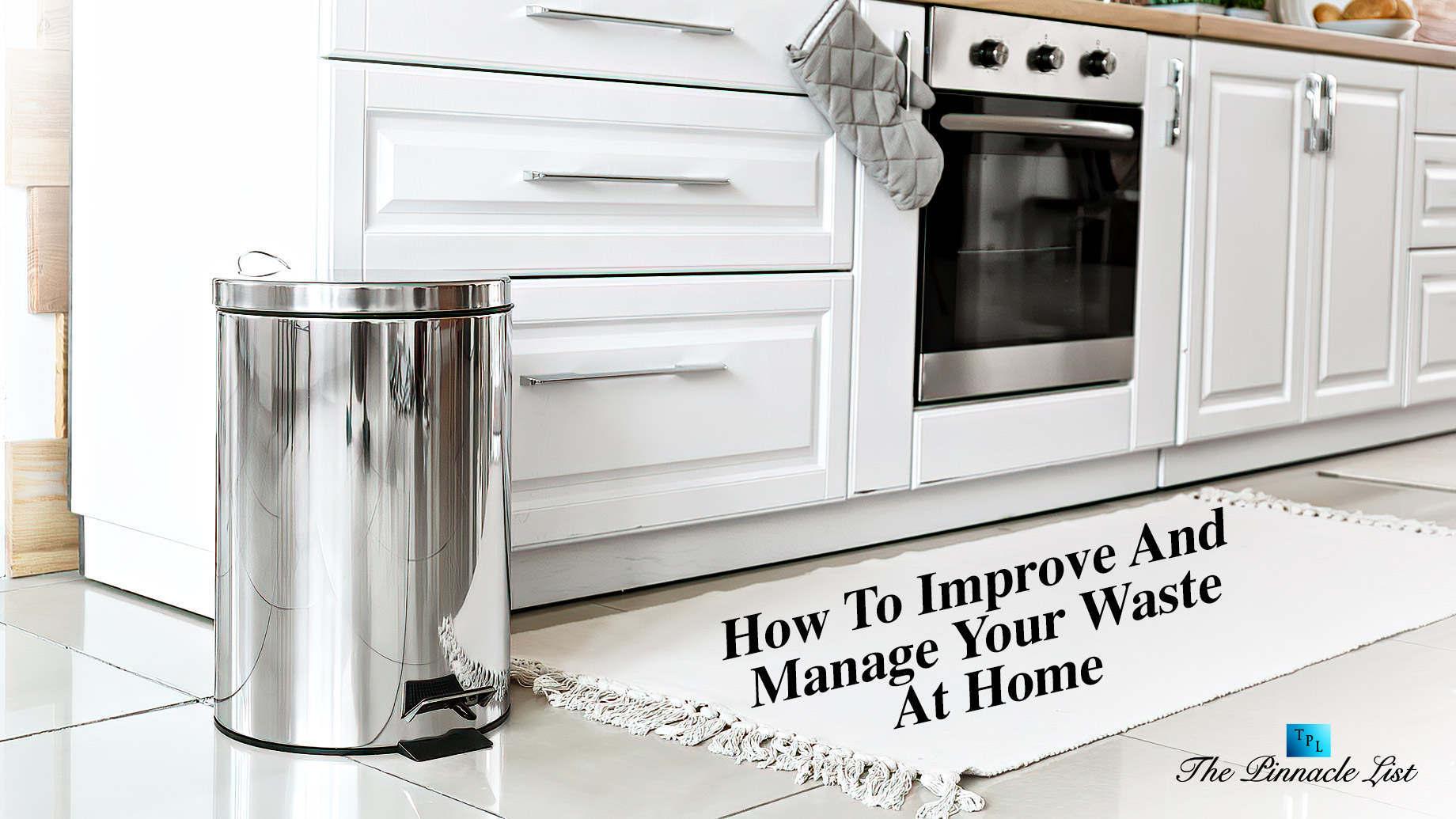
Waste is in every home. Anything rendered useless in a house or office is seen as waste. These things can start from a piece of paper to a spoon or sofa. The waste management issue has skyrocketed around the globe because of the pandemic. The world population is another cause of accumulated waste. The earth is filled with recyclable and non-recyclable waste each year. A home generates waste daily, which accumulates into a global issue. It’s time to start living an environmentally-friendly lifestyle. You can minimize the world issue with a few improvements in our daily home lives.
Waste is divided into organic, dry or recyclable, and biomedical waste. Households contribute less than 60% of the accumulated waste, and 15% are disposed of properly. Every home needs to maintain a good waste management system. Besides reducing world waste, it also prevents illnesses, toxicity, bills, penalties, and money. And managing waste at home is cheap if you do the right steps. In this blog, we’ve written about how to improve and manage home waste.
1. Hire A Professional Skip Service
The professionals know all about waste and are available in every city. There is a myth that their services are expensive, but there are a number of them you can get at affordable prices. These people plan a waste management system in your home, saving you the stress and procedure of waste disposal. The professional skip service offers regular home cleaning, making home waste managing duty easy. Your carbon footprint will reduce if waste is managed properly. They place bins that manage waste and keep your workstation tidy. Perform a little research and look into the prospects of skip hire in Croydon to get the best professional skip service around you. Using these services is an ethnic and environmental-friendly way of waste disposal.
2. Invest in Your Own Recycle Bins
Recycle bins are the most convenient way to dispose of waste at home. The containers are portable and designed differently to hold different types of waste. Ensure that the bins you buy have covers and are approved by the waste management agencies. Bins with covers are designed to be tightly packed to avoid spillage. Keep each recycling bin for a short duration as germs tend to live on rubber and plastic. Wear gloves or use a cleaning cloth when disposing of the bins. After disposal, ensure you rinse and sanitize your hands.
3. Separate the Waste
Putting waste in separate bins is another way to improve waste management at home. The method is adaptive but not fully efficient. Most homes own one garbage bin for collecting all types of waste. Disposing of different waste in the same bin is a significant problem that affects recycling and leads to waste of resources. For example, toxic waste in normal bags can cause soil pollution as the waste is disposed of in landfills instead of treatment facilities. Get colored bins or identify your bins into the green for organic, paper takes white, gray for metal, yellow for glass, and plastic should go in blue and red for a hazard. Separate the waste into biodegradable and non-biodegradable.
So, put waste in their identified bins. Waste like leftover foods, vegetables, etc., should be placed in organic bins, which is useful for composition. Putting waste in separate bins makes garbage burden easy and reduces landfilling and pollution.
4. Compost When Possible
Instead of disposing of waste, especially organic waste, it is professional and environmentally friendly to compost the waste. Composite is a natural fertilizer that can last a year. Compose waste to prevent the use of traditional fertilizers, which contain harmful chemicals that can ruin the soil, water as well as human health. Composing your waste improves your ecological footprint and saves money. This composite can be applied in the garden in a compost site. There are tons of microorganisms found in decomposed waste that entirely digest the waste.
5. Be Wary of Medical and Toxic Waste
Toxic and medical waste has to be disposed of properly to avoid infection and pollution. This waste has to be carefully handled. Materials like syringes, batteries, unused medical items, chemicals, etc., should be treated with care and caution. The chemicals from this waste soak into the soil and become toxic for humans, animals, plants, and soil organisms. The chemical is digested by plants that we consume—disposing of this waste properly will prevent many infections and pollution in your home.